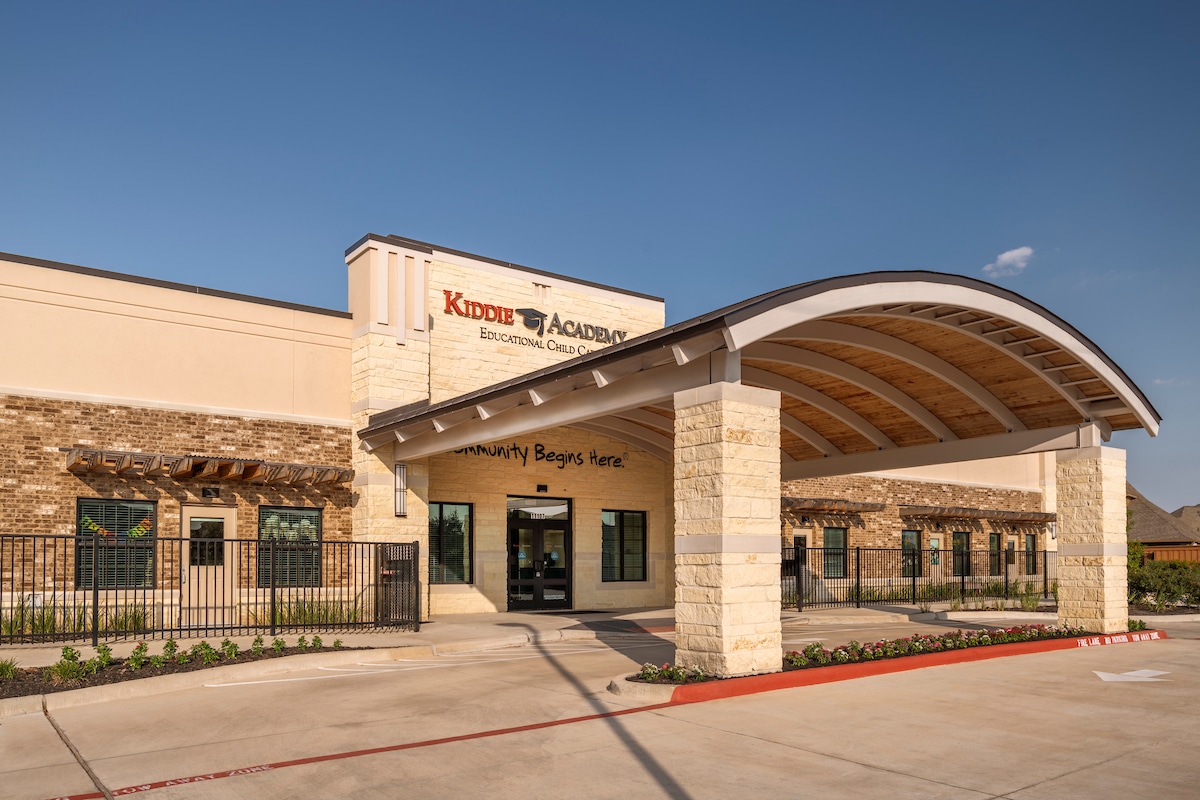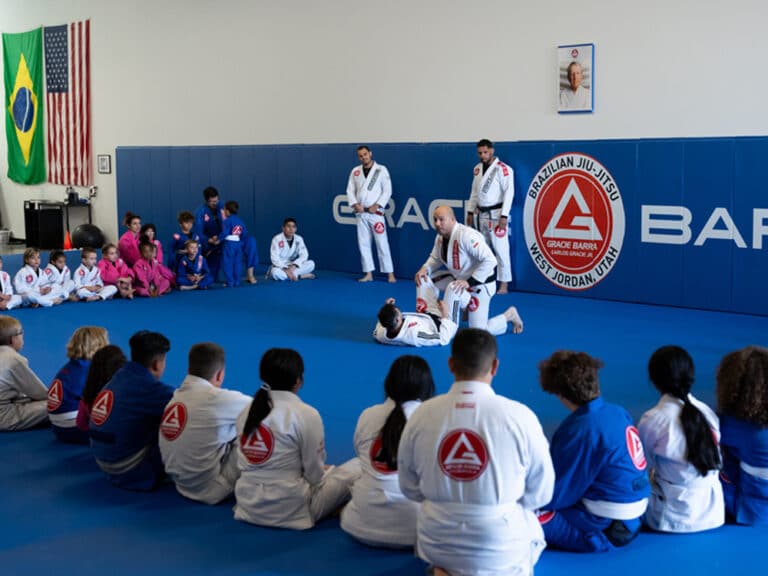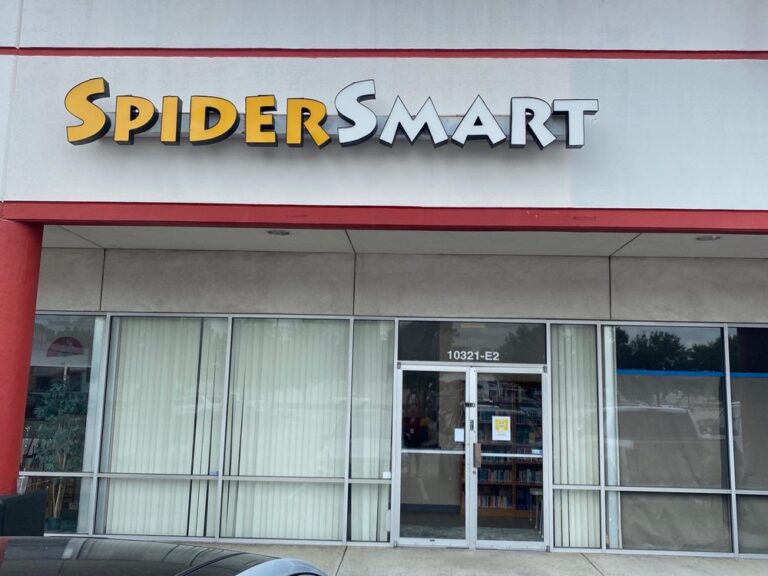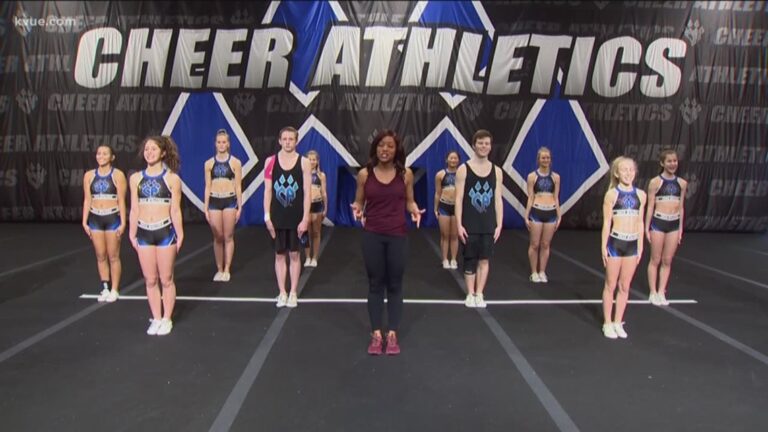Kiddie Academy Franchise FDD, Profits & Costs (2025)

Kiddie Academy, founded in 1981, is a leader in educational childcare, headquartered in Abingdon, Maryland. This franchise started in 1992 and has since expanded significantly across the United States and Washington, D.C.
Kiddie Academy stands out in the competitive childcare market by offering a curriculum that emphasizes comprehensive child development, incorporating elements of technology, health, fitness, character, and academics into daily learning activities.
The franchise offers a unique business model that not only aims to educate children but also provides franchisees with substantial support to ensure their success.
Initial Investment
How much does it cost to start a Kiddie Academy franchise? It costs on average between $405,000 – $6,950,000 to start a Kiddie Academy franchised school.
This includes costs for construction, equipment, inventory, and initial operating expenses. The exact amount depends on various factors, including the type of facility you choose, the location, and whether the franchisee chooses to lease or purchase the property. Kiddie Academy offers 2 types of franchises:
| Kiddie Academy® Franchise Option | Initial Investment Range |
|---|---|
| Kiddie Academy® Franchise ( if leasing the facility) | $405,000 – $915,000 |
| Kiddie Academy® Franchise ( if purchasing the facility) | $4,005,000 – $6,950,000 |
We are summarizing below the main costs associated with opening a Kiddie Academy® Franchise (if purchasing the facility). For more information on costs required to start a Kiddie Academy franchise, refer to the Franchise Disclosure Document (Item 7).
| Type of Expenditure | Amount |
|---|---|
| Total Initial Fee | $70,000 – $150,000 |
| Real Estate Acquisition, Construction Costs, and Construction | $3,255,000 – $5,450,000 |
| Professional Fees, Loan Fees and Soft Costs | $225,000 – $570,000 |
| Kitchen Equipment and Supplies | $25,000 – $45,000 |
| Supplies/Equipment for Inside of Academy, Playground, and Online Training Component | $115,000 – $190,000 |
| Outdoor Fixed Playground Equipment | $140,000 – $200,000 |
| Computer Hardware and Software and Classroom Technology | $25,000 – $75,000 |
| Office and Lobby Furniture, Office Equipment and Supplies, and Telephone System | $10,000 – $25,000 |
| Indoor and Outdoor Signage | $20,000 – $35,000 |
| Travel and Living Expenses while training and Plan Review | $3,000 – $5,000 |
| Transportation Vehicles and Equipment | $0 – $5,000 |
| Insurance and Utility Deposits | $4,000 – $10,000 |
| Business Licenses | $3,000 – $5,000 |
| Start-Up Marketing and Advertising Expenses | $35,000 |
| Additional Funds/Working Capital – 3 months after opening | $75,000 – $150,000 |
| TOTAL | $4,005,000 – $6,950,000 |
Kiddie Academy Franchise Disclosure Document
Frequently Asked Questions
How many Kiddie Academy locations are there?
As of the latest data, Kiddie Academy has 345 franchised locations across 39 states and Washington, D.C. The company focuses exclusively on franchising and does not operate any company-owned locations. Expansion continues with plans to open 30+ new locations annually.
What is the total investment required to open a Kiddie Academy franchise?
The total investment required to open a Kiddie Academy franchise ranges from $405,000 to $6,950,000.
What are the ongoing fees for a Kiddie Academy franchise?
For a Kiddie Academy franchise, the ongoing fees include a royalty fee of 7% of gross revenues. Additionally, franchisees are required to contribute 2% of gross revenues towards marketing fees.
These fees cover the support and ongoing operations provided by the franchisor, including marketing, training, and system-wide initiatives to help promote the brand and drive enrollment at individual franchise locations.
Who owns Kiddie Academy?
Kiddie Academy is owned by Essential Brands, Inc., a private company based in Maryland. The company was founded by George and Pauline Miller in 1981, with the first Kiddie Academy location opening in Baltimore County, Maryland.
Disclaimer
Disclaimer: This content has been made for informational and educational purposes only. SharpSheets is an independent educational resource and is not affiliated with, endorsed by, or representing any franchisor mentioned on this website. Where noted, figures are taken from the franchisor’s Franchise Disclosure Document (FDD). In some cases, we may provide independent calculations or estimates based on publicly available information. We do not make any representation or warranties with respect to the accuracy, applicability, fitness, or completeness of the information presented in the article. You should not construe any such information or other material as legal, tax, investment, financial, or other professional advice. Nothing contained in this article constitutes a solicitation, recommendation, endorsement, advertisement, or offer to buy or sell any franchises, securities, or other financial instruments in this or in any other jurisdiction in which such solicitation or offer would be unlawful under the franchise and/or securities laws of such jurisdiction.
All content in this article is information of a general nature and does not address the detailed circumstances of any particular individual or entity. Nothing in the article constitutes professional and/or financial and/or legal advice, nor does any information in the article constitute a comprehensive or complete statement of the matters discussed or the law relating thereto. You alone assume the sole responsibility of evaluating the merits and risks associated with the use of any information or other content in this article before making any decisions based on such information or other content.




